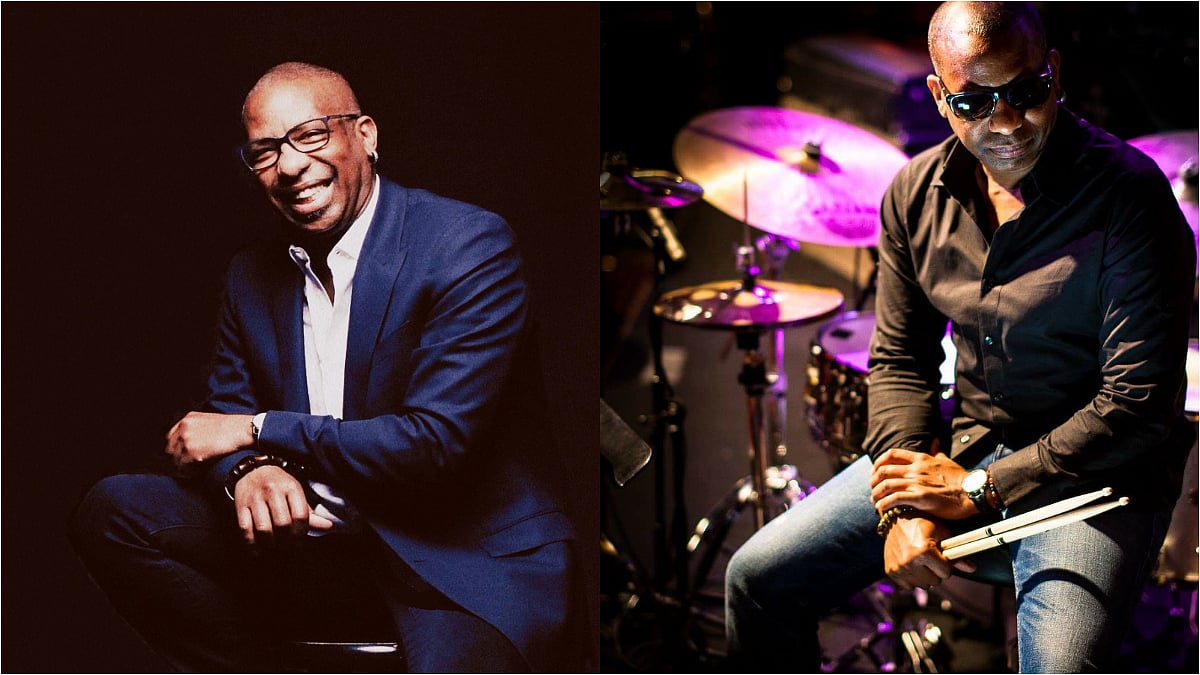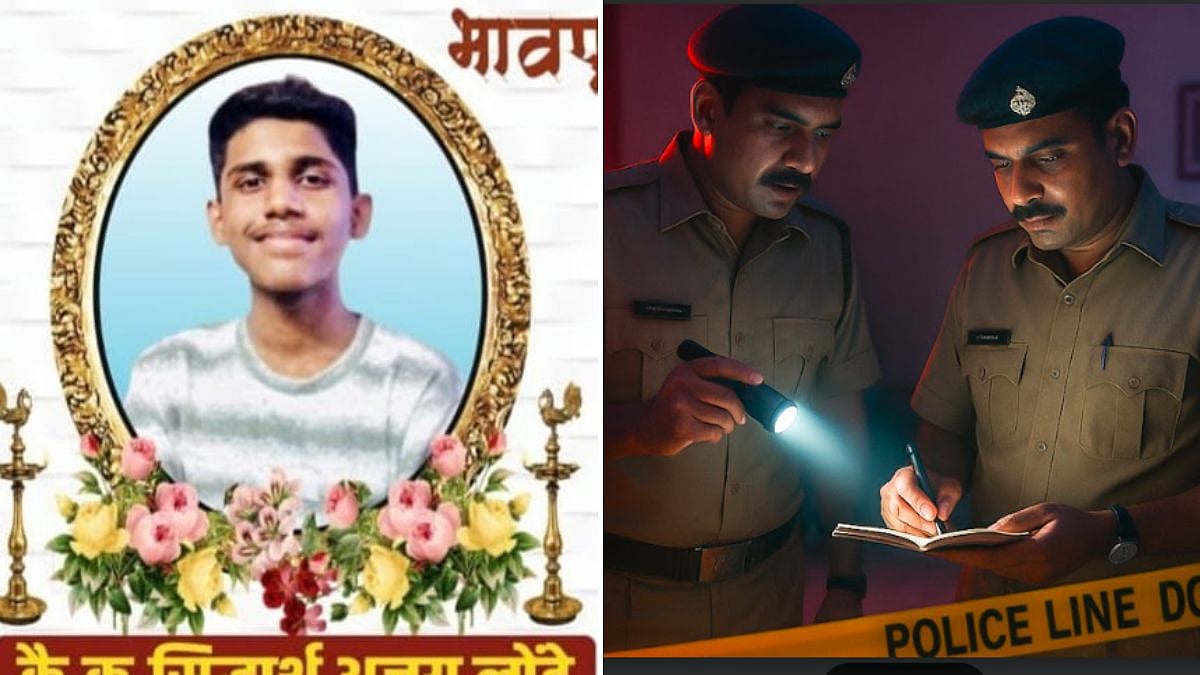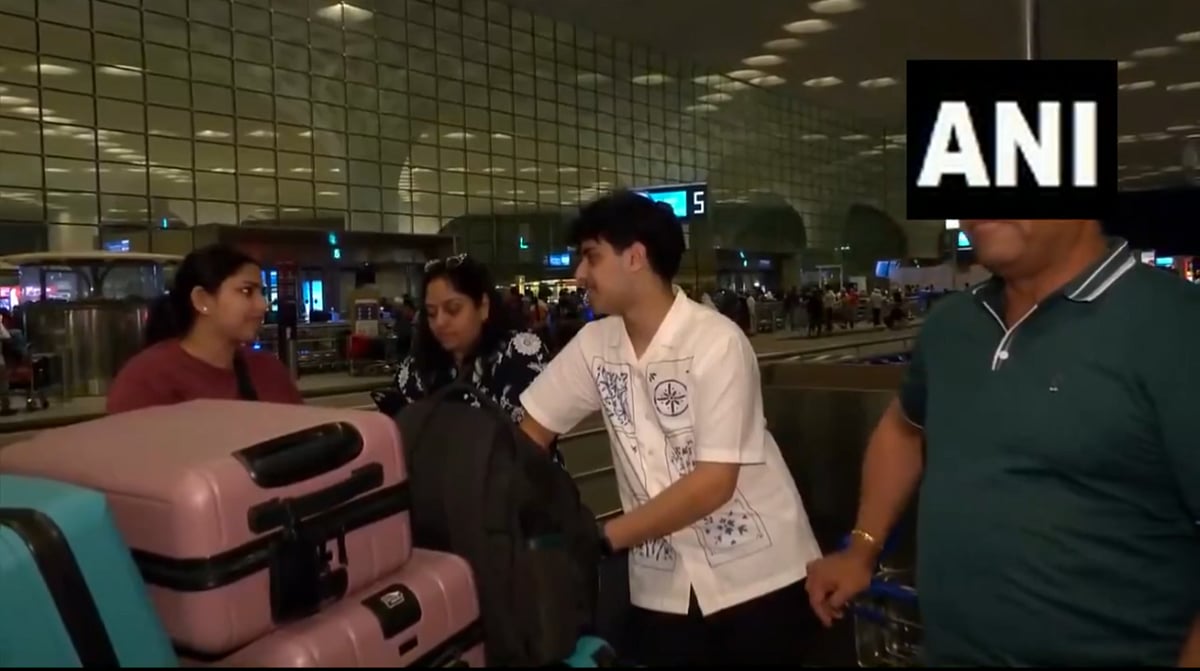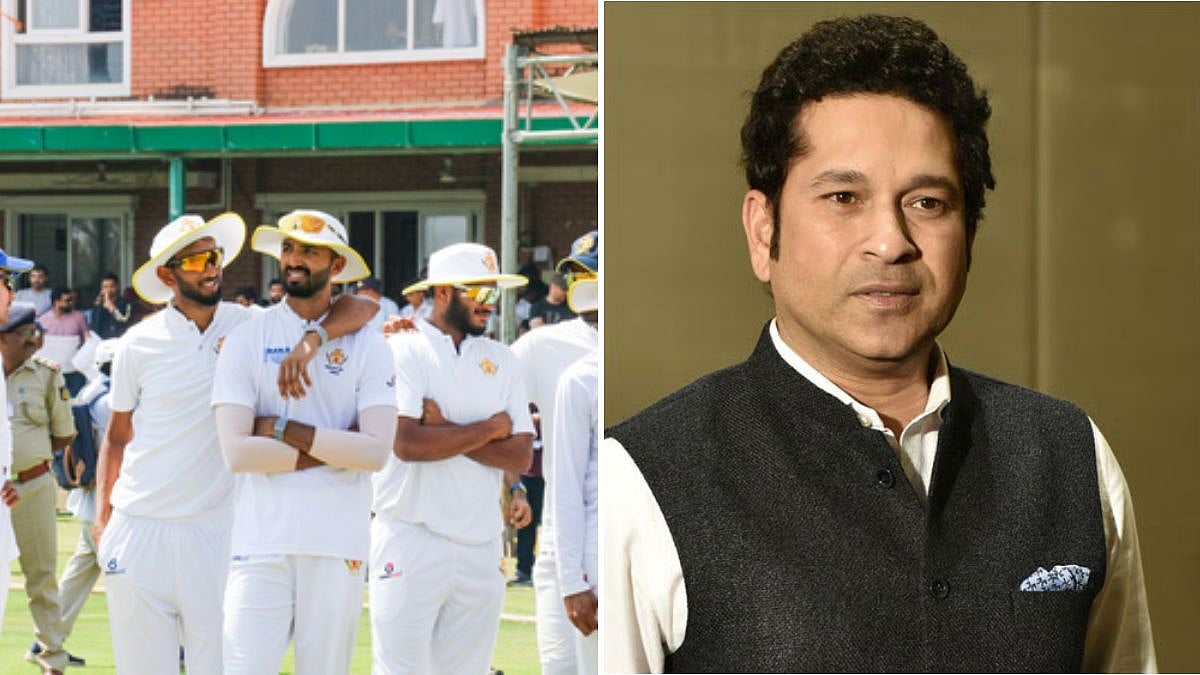Multilateralism has fallen short. And bilateral delivery is not what it used to be. World moving towards multipolarity, rebalancing & plurilateralism. Shared values and comforts are creating new combinations. Will not fall for mind games. — External Affairs Minister S Jaishankar in a tweet dated April 14, 2022
We live in troubled times. Tectonic shifts are taking place across the globe, as the old order struggles and fights to stay relevant in a new age. While some nations are demanding strongmen and women who can talk tough with the rest of the world, others want the strongmen already ruling their nations to step down and make way for progressive young leaders. In a global village, small incidents in a remote corner can and do snowball into international avalanches overnight.
It seems extremely likely that the human story is likely to get far worse before it gets any better. If, of course, we manage to prevent ourselves from being “Amused to Death”, as Pink Floyd frontman Roger Waters predicted in his solo album by that name. There are reasons for my pessimism, just are there are reasons for optimism.
In his seminal book The Third Wave published way back in 1979, futurologist Alvin Toffler not only predicted all this, but held out hope. It is perhaps worth quoting the initial paragraphs of the introduction here in full:
“In a time when terrorists play death-games with hostages, as currencies careen amid rumors of a third World War, as embassies flame and storm troopers lace up their boots in many lands, we stare in horror at the headlines. The price of gold — that sensitive barometer of fear — breaks all records. Banks tremble. Inflation rages out of control. And the governments of the world are reduced to paralysis or imbecility.
"Faced with all this, a massed chorus of Cassandras fills the air with doom-song. The proverbial man on the street says the world has 'gone mad', while the expert points to all the trends leading toward catastrophe. This book offers a sharply different view. It contends that the world has not swerved into lunacy, and that, in fact, beneath the clatter and jangle of seemingly senseless events there lies a startling and potentially hopeful pattern. This book is about that pattern and that hope. The Third Wave is for those who think the human story, far from ending, has only just begun…”
Sounds familiar? Remember this was written in 1979.
Yet amidst all this gloom and doom, I believe that India, despite its obvious faults and shortcomings, despite its noisy, venal democracy, is likely to weather the inexorable global hurricane far better than most of the world. That the India story, like the Third Wave, has just begun. Here’s why.
One: We are too large and diverse to be uniform. Now that might sound like blasphemy to those who want to impose uniformity on us in terms of a single culture, religion, language, dress or cuisine, but it’s a fact. That cliched phrase we learnt in school about unity in diversity is a strength that is unique to us, even though there are those who argue that every large nation has its share of diversity. A train or car ride across America or Russia and a similar ride from Kashmir to Kanyakumari or Gujarat to the Northeast is perhaps the best way to understand this. Each Indian state has its own unique ethnicity, language cuisine and culture which is clearly and sometimes starkly different from the others. Yet they are all Indians. How many other countries, large or small, can boast of this?
How does that help? To begin with, diversity means we have very diverse approaches to every problem, every disaster. So if one fails, there’s always another solution to fall back on. And yet another. It’s a unique concept often pejoratively called jugaad, which cannot be translated, but it helps us to innovate and do the best with what we have.
Two, stability. As an American Sinophile once explained to me when asked to compare India and China, two ancient civilisations divided by the Himalayas which have had incredibly different trajectories, ‘China is stable above, but unstable below. India is unstable above, but stable below.’
Consider this: After Independence and Partition, most of our neighbours — Pakistan, Bangladesh, Myanmar, even Nepal and Sri Lanka, to some extent — have had spells of military or quasi-military rule. But despite being the larger nation, and hence more difficult to manage, India did not. And this was not due to plain luck or happenstance, but because of careful planning by our politicians long before we achieved Independence.
Three: We absorb and embrace change. Again, many of today’s shrill votaries of how Hindus have been suppressed and oppressed by the Mughals and the British and god doesn’t know who else might disagree, but the fact remains that traditionally, we have always welcomed outsiders instead of being xenophobic, and absorbed foreign traditions and customs into our own unique blend, without losing our core identity. Does that make us cowards? Try telling that to the Marathas and Cholas. Or the Sikhs or the Gurkhas. And in a world that is changing unpredictably every moment, that can only be good thing. Pushback and xenophobia are two different things.
Coming back to External Affairs Minister Jaishankar’s tweet which started this piece. It might sound like a contradiction to my statement above, but while we as a nation are able and willing to absorb different cultures, traditions and new combinations, and probably understand plurilateralism better than most, we don’t take kindly to bullies and mind games. Ahimsa and non-violence have their place. But even the Dalai Lama has no qualms about blessing a fierce Gurkha regiment going to battle. No true Indian will see a contradiction there.
Ramananda Sengupta is a foreign and strategic affairs analyst




